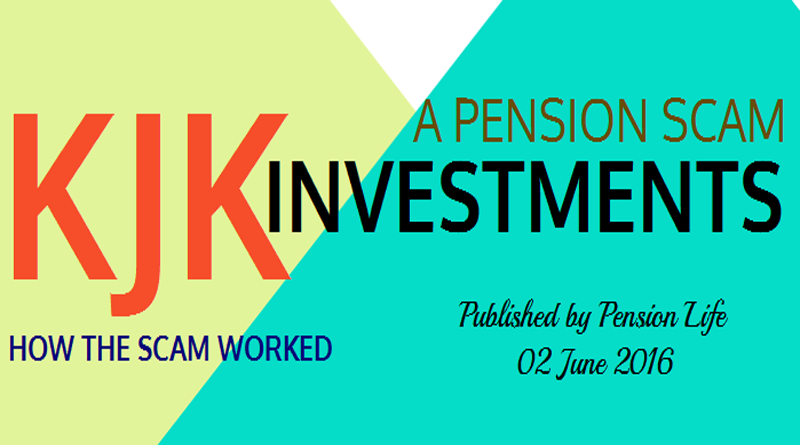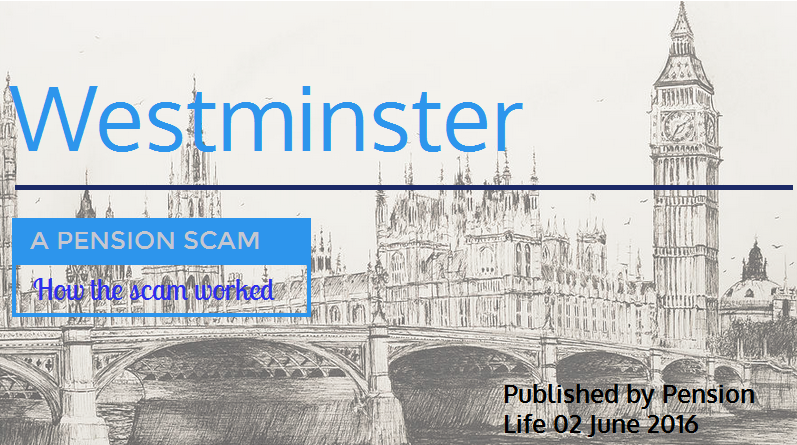HOW THE KJK INVESTMENTS AND G LOANS PENSION LIBERATION SCAM WORKED
Members were told their pensions would be transferred into a SIPP managed by Corporate and Professional SIPP providers and a separate loan would be arranged through G Loans which was certified to be non-taxable by Optimum Tax Solutions. Now the victims are facing 55% tax charges from HMRC which Pension Life is in the process of appealing.
KJK Investments Ltd and G Loans Ltd, both based in the north west of England, received £11.9 million worth of transfers and made cash loans to victims using their pension funds to purchase shares in one of the companies. The funds were also used to make a series of loans and to pay huge commissions, fees and salaries to the people behind the liberation scam.
KJK Investments and G Loans were wound up by the High Court after an investigation by the Insolvency Service. The court said that the scheme lacked any bona fide commercial basis and those running the operation had deliberately misled clients. The victims are unlikely to ever get back their original investments.
The intervention by the Insolvency Service happened shortly after the Capita Oak and Henley schemes were wound up. It was noted that the G Loans structure was typical of some early clumsy scams when pension liberation started to flourish in 2010 and 2011. The use of “loans” and ambitious targets for returns on investments being used, allegedly, to repay the loans was a frequent ploy by the scammers. However, later models were careful to cloak the liberations in layers of smoke and mirrors.
The Insolvency Service carried out a thorough investigation of the KJK Investments/G Loans pension liberation scam and discovered the companies had scammed victims into obtaining a loan from G Loans Ltd and using their pension funds to buy KJK Investments shares. Victims were promised these investments go up in value by 6% a year, and that this would allow them to repay the loan from the proceeds of their pension when they retired. The loans were usually about 50% of the value of the KJK Investments shares purchased by each victim.
The reality was that the victims were borrowing from their own pensions. It looks like after the half they borrowed, most of what was left was paid out to the scammers in fees. The KJK Investments and G Loans Pension Liberation Scam has ruined many lives and caused untold misery.

